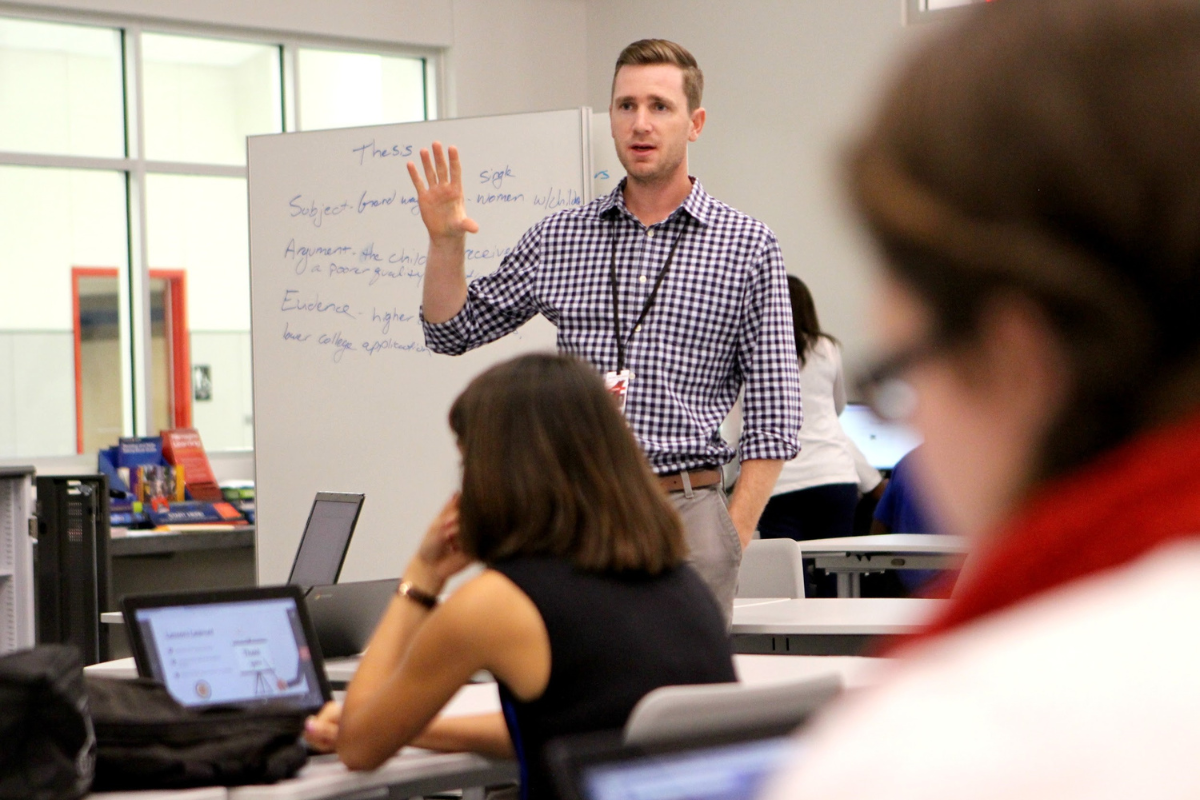Education is a transformative process that has the potential to shape the lives of individuals and societies. To truly unlock this transformative power, educators need to harness the potential of effective pedagogical strategies. By employing innovative and research-backed approaches, teachers can enhance learning experiences, promote student engagement, and foster meaningful knowledge acquisition. In this article, we will explore the key pedagogical strategies that can unleash the true potential of education.
The Role of Active Learning in the Classroom
Active learning stands as a cornerstone in effective pedagogy, transforming traditional classrooms into vibrant hubs of engaged learners. By actively involving students in the learning process, educators create an environment that encourages critical thinking, collaboration, and knowledge application. Through group discussions, case studies, and simulations, students are empowered to take ownership of their learning journey, resulting in enhanced retention and deeper comprehension of the subject matter. Numerous success stories highlight the transformative impact of active learning practices, demonstrating the value of this pedagogical approach.
Harnessing the Power of Technology in Education
As technology continues to reshape our world, it has also found its way into education, revolutionizing pedagogical strategies. By integrating technology into the classroom, educators can personalize instruction, provide access to vast educational resources, and ignite students’ motivation and engagement. The flipped classroom model, gamification, and the use of virtual and augmented reality are just a few examples of how technology can transform the learning experience. However, it is essential to ensure that technology integration is purposeful and aligned with educational goals, leveraging its full potential for enhanced learning outcomes.
Cultivating a Student-Centered Learning Environment
In the shift from teacher-centered to student-centered learning, the focus is placed on the individual needs, interests, and strengths of each student. By fostering a student-centered environment, educators empower learners to actively engage in their education, fueling curiosity, critical thinking, and creativity. Through inquiry-based learning, project-based learning, and reimagining the traditional hierarchy of the classroom, educators can unlock the full potential of their students. Schools that have embraced student-centered approaches have witnessed remarkable outcomes, reinforcing the significance of this pedagogical shift.
Addressing Diverse Learning Needs
Recognizing and addressing the diverse learning needs of students is a fundamental aspect of effective pedagogy. Differentiation of instruction, Universal Design for Learning (UDL), and culturally responsive teaching are powerful strategies to ensure inclusivity and accommodate diverse learners. By tailoring instruction to individual strengths and providing a culturally relevant context, educators can create an environment where every student feels valued and empowered. Additionally, providing support for learners with special educational needs is essential in promoting inclusive education and facilitating their learning journey.
Evaluating and Assessing Learning Outcomes
Evaluation and assessment play a crucial role in measuring learning outcomes and informing instructional decisions. Balancing formative and summative assessments allows educators to provide continuous feedback and encourage self-assessment, enabling students to monitor their progress effectively. Performance-based and authentic assessments provide a more comprehensive understanding of students’ capabilities beyond traditional exams. While standardized assessments hold their place, alternative evaluation methods can offer a more holistic view of students’ knowledge and skills.
Takeaway
Effective pedagogical strategies have the power to revolutionize the learning experience, making education a transformative force in the lives of individuals. By embracing active learning, harnessing the potential of technology, fostering student-centered environments, addressing diverse learning needs, and implementing effective assessment practices, educators can unlock the true potential of education. As we continue to advance our understanding of teaching and learning, it is crucial for educators to experiment, innovate, and adapt their practices to provide students with the most enriching and empowering educational experiences possible. By unleashing the power of pedagogical strategies, we can shape a future where learning knows no boundaries and every student can thrive.

